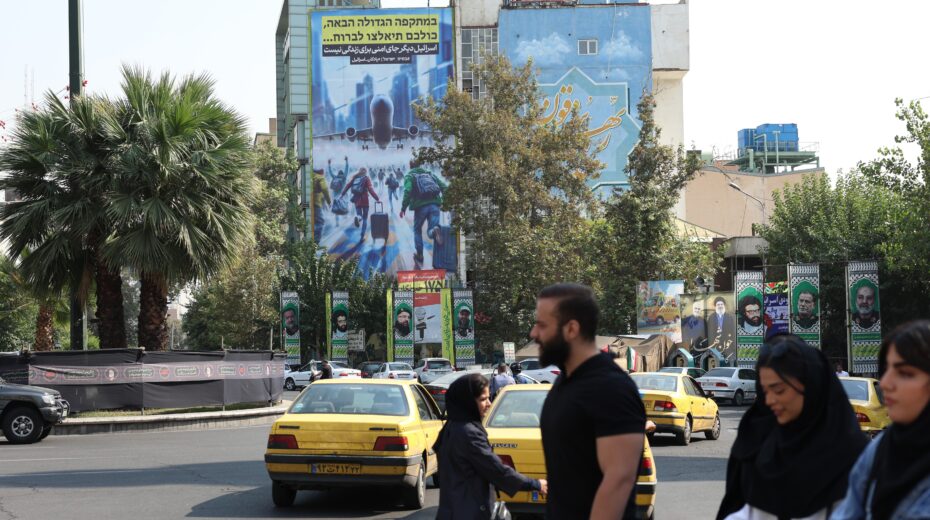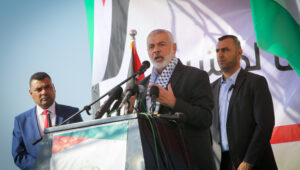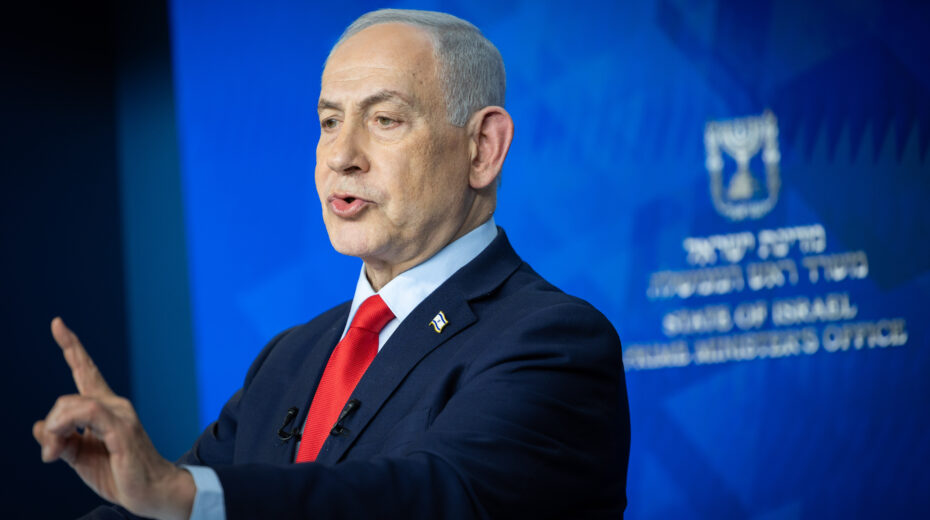The Hebrew term מב”ם (Mabam, Ma’aracha bein Milchamot), which translates to “Campaign between the Wars,” is a concept developed by the Israeli defense apparatus to describe the actions Israel has been undertaking for about 15 years, starting around 2008-2009. These actions are aimed at preparing the ground to prevent a full-scale war between Israel and Iran, as well as Iran’s proxies. This strategy involves highly targeted intelligence and military operations, designed to hinder Iran’s progress toward nuclear capabilities and to stop Iran’s efforts to encircle Israel with hostile forces, including arming terrorist organizations like Hezbollah in Lebanon and the Houthis in Yemen.
The campaign between the wars has included a series of unique actions, such as the assassination of high-ranking figures both from Iran and other countries. The assassinations of Iranian nuclear scientists began in 2010, continuing up to the killing of Mohsen Fakhrizadeh in 2020, who led Iran’s nuclear program. Alongside these, there have been eliminations of senior security officials in Syria and Lebanon. These efforts aim to give Israel the best possible conditions in the event of a war with Iran and its proxies.
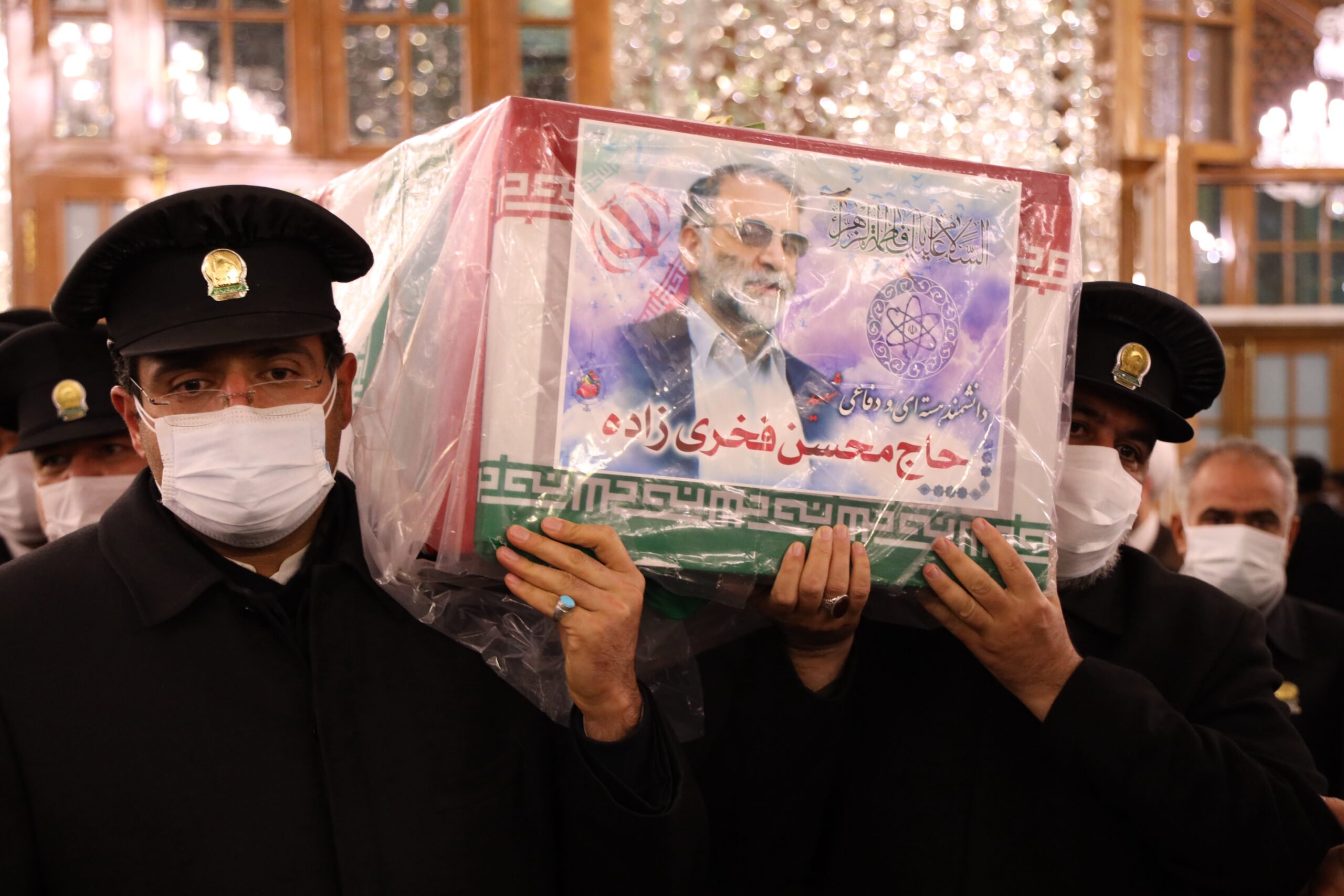
Since October 7 or 8, 2023, when Hezbollah joined the conflict following Hamas’s attack, Israel has found itself in an open war. This situation has escalated with Iran’s direct involvement. Israel has already faced two direct Iranian attacks. Notably, there was the launching of drones toward the Israeli prime minister’s residence in Caesarea on a Saturday—an attack clearly authorized by Iran. This is not an operation Hezbollah would initiate independently, especially since its military leadership has been almost entirely eliminated. It is clear that Iran is directing Hezbollah, indicating a serious escalation that demands a strong and clear Israeli response with three goals: punishment, deterrence, and the creation of a new reality.
The punishment must be visible, sharp, and public, making it clear to everyone that this is not a covert action, but a widely recognized response. The goal is to prevent a scenario where every Israeli action leads to an Iranian response, which would lead to a war of attrition, ultimately harming Israel more, given its smaller and more vulnerable size.
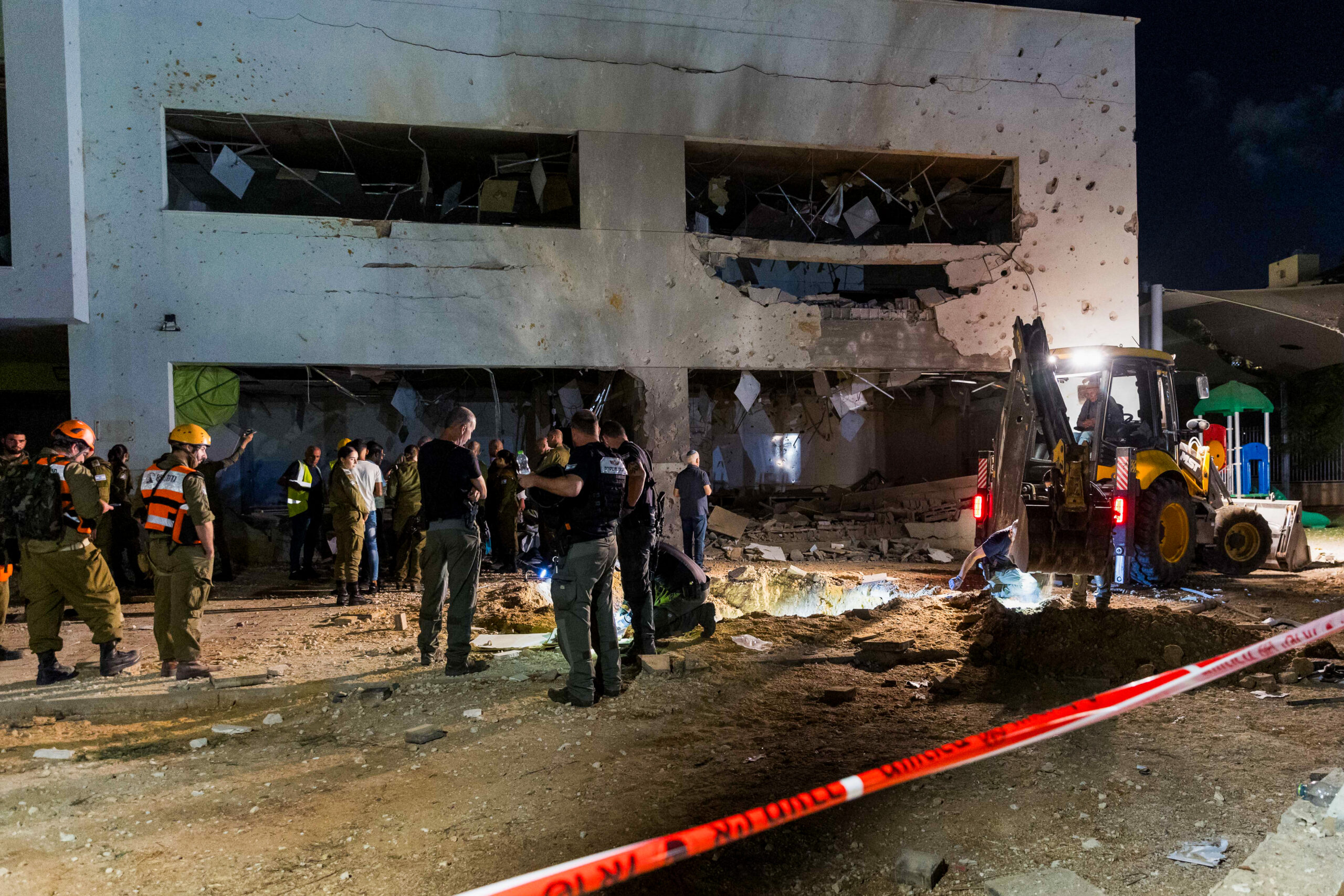
Deterrence must also change the rules of the game. Who knows, it may even lead to a regime change in Tehran. Ultimately, regime change should be a goal, and it is likely that Prime Minister Netanyahu has this in mind. Whether the Americans, two weeks before their presidential elections, share this goal is debatable—but there is no doubt that it is a legitimate Israeli objective and one of its top priorities.
Therefore, Israel’s response needs to be loud and forceful. Assuming coordination with the United States, it is likely that the military operations will focus on destroying Iran’s military capabilities—perhaps missile and drone production facilities, weapons depots, or air defense systems. This action, if successful, would severely cripple Iran’s ability to defend itself or export drones and missiles to Russia, which would also cut off a significant export industry for Iran.
The recent arrest of an Iranian spy ring in Beit Safafa, Jerusalem, and the thwarting of assassination attempts highlight how seriously Israel is taking Iran’s attempts to infiltrate. Insiders warn against dismissing these Iranian recruitment efforts as failures, stating, “We only know what we know, and it’s like a goalkeeper defending against penalty shots: you block some, but eventually, one might get through.”
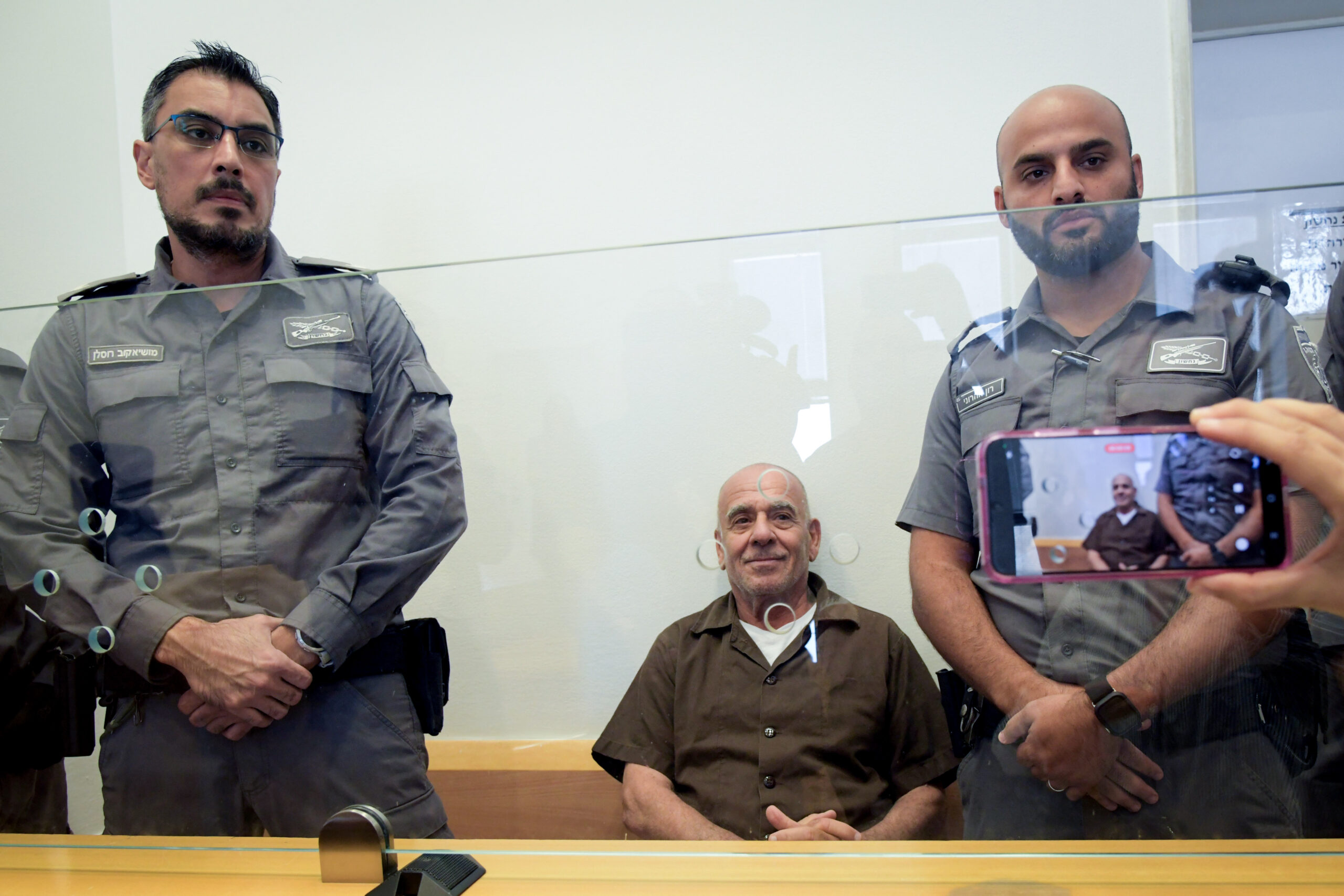
Israel is wary of how motivated Iran is, having gained some successes in espionage, although they haven’t managed to achieve a symbolic victory. The arrests are the result of long-term investigations by the Shin Bet, involving extended surveillance, which eventually led to these arrests and charges. While the war intensifies Iran’s push for symbolic victories, it also sharpens Israel’s counterintelligence efforts, particularly through its Shin Bet division dedicated to counter-espionage.
Returning to the Israeli response to Iran: 23 days have passed since Iran’s second attack on Israel on October 1, with no Israeli counter-response yet. Israel has been holding back to keep Iran on edge, just as Iran did after the assassination of Ismail Haniyeh.
Coordination with the United States has been thorough. As part of this process, the Americans agreed to supply Israel with a THAAD missile defense system to be operated by 100 American soldiers in southern Israel. This deployment marks the first time since the Gulf War that American soldiers have been stationed in Israel. This likely comes in exchange for Israel’s agreement to alter its targets in Iran. Israel knows that Iran may retaliate, and this attack may be larger than the previous two. The THAAD system demonstrates to Iran that the US is on Israel’s side, signaling that Iran should think twice before risking another strike that could drag America into the conflict.
Not everyone in the US supports this close coordination between Israel and the US in the lead-up to an attack on Iran. Recently, classified Pentagon documents were leaked, dated October 15-16, and confirmed by US sources. These documents describe Israeli preparations for an attack on Iran, including wide-ranging maneuver exercises and aerial refueling drills. The documents indicate that the Israeli Air Force is preparing to launch ballistic missiles, with at least 16 Golden Horizon missiles and 40 ISO2 or Rocks missiles being prepped for use.
Following the drone attack on the Prime Minister’s residence, Israel appears to be preparing the global stage for a more dramatic action. Prime Minister Netanyahu’s recent statements at a birthday event in his office further hinted at this, saying, “Our people will repel the threat that endangers our very existence.”
Breaking: Shin Bet confirms that a Hezbollah drone succeeded in hitting PM Netanuahu’s Caesarea residence, causing severe damage to the building.
Read more > >https://t.co/vKuqOIDER4
— The Jerusalem Post (@Jerusalem_Post) October 22, 2024
The eyes of the Middle East and beyond are on Israel. The outcome of Israel’s next moves will significantly affect the region’s political landscape, particularly regarding countries like Jordan, Egypt, the UAE, and especially Saudi Arabia. These nations will decide whether to align more closely with Israel or distance themselves depending on the impact of the impending Israeli strike on Iran. Thus, the coming Israeli military action will have profound consequences not only for Israel-Iran relations but also for the broader Middle Eastern geopolitical balance.


